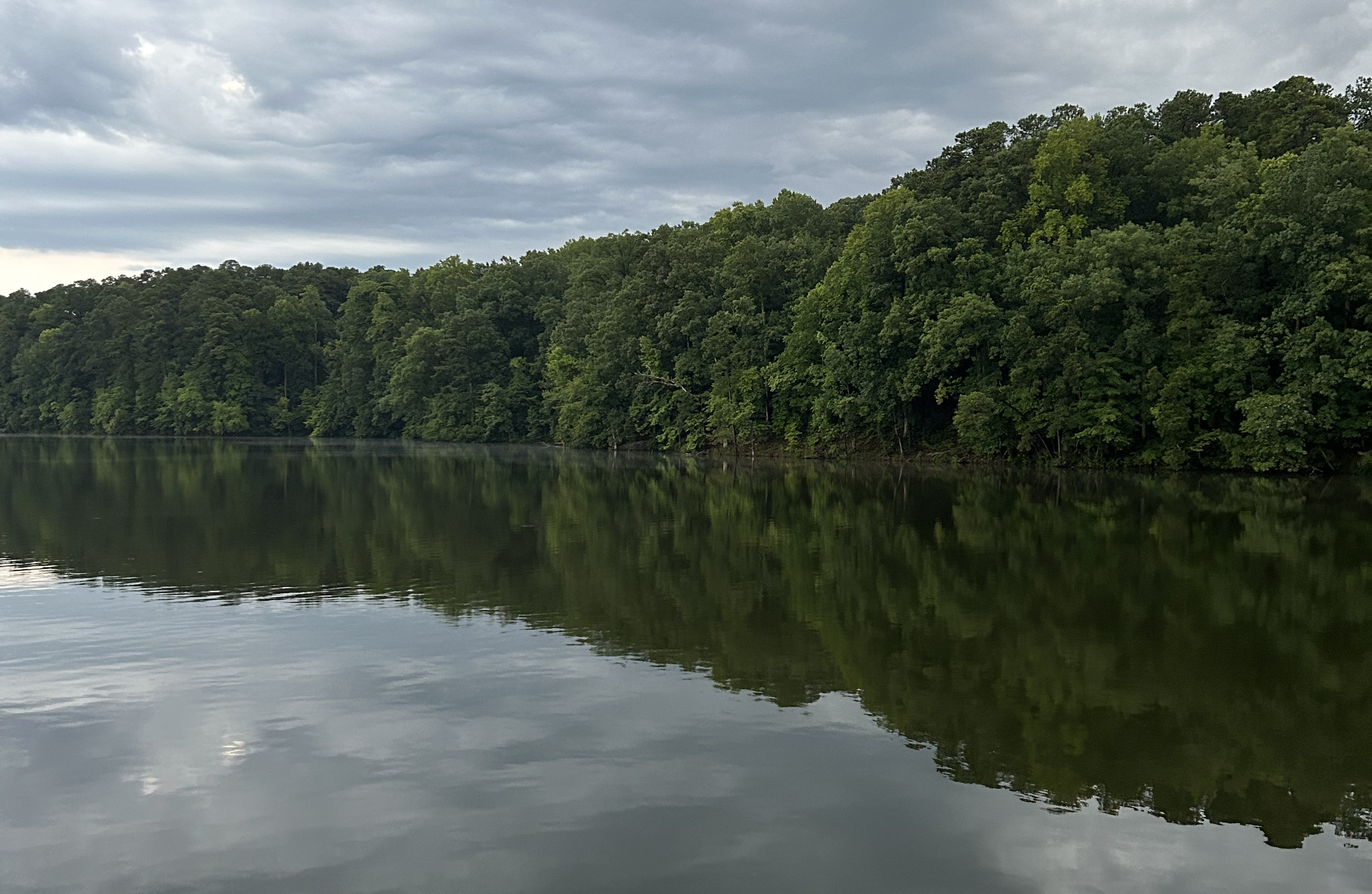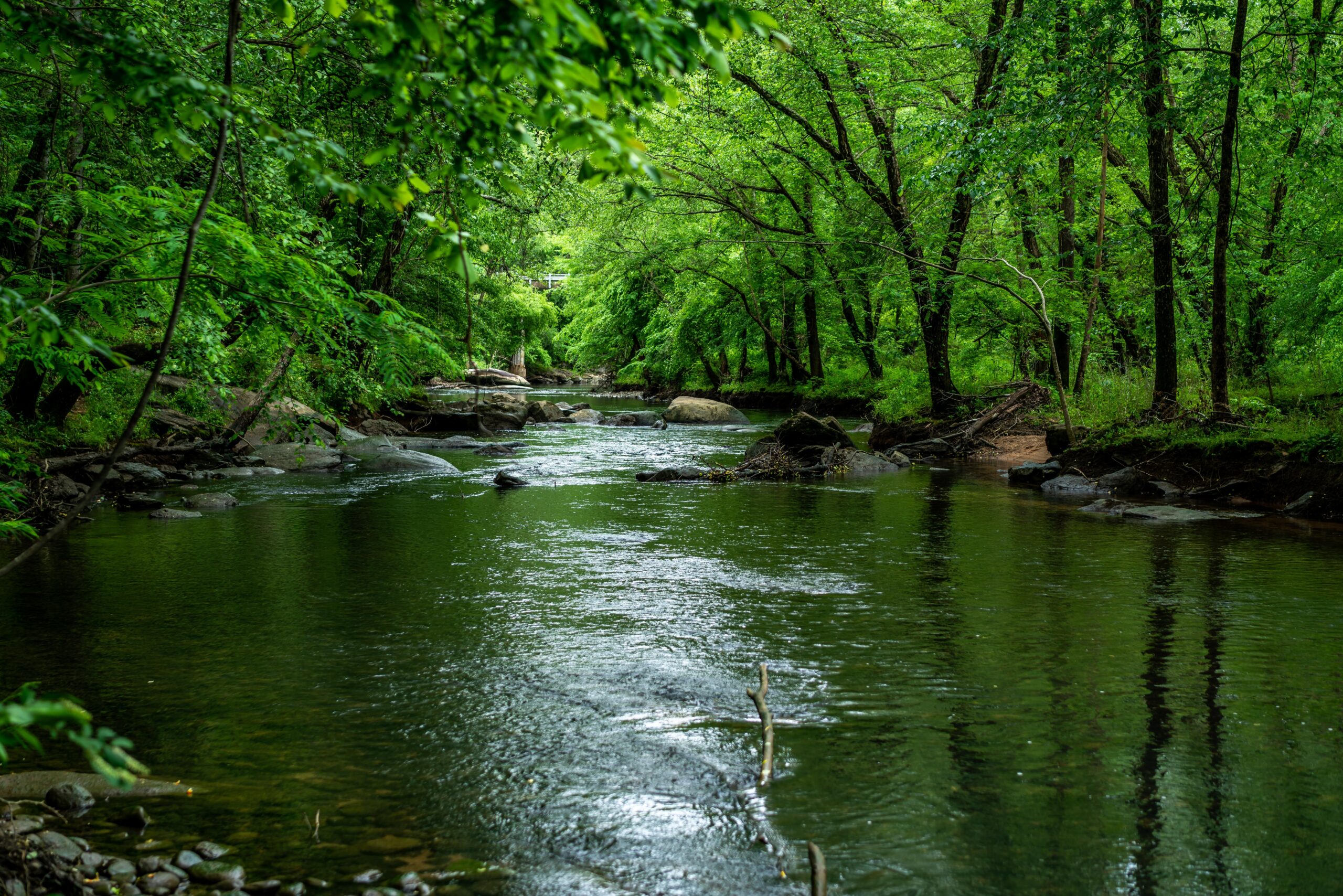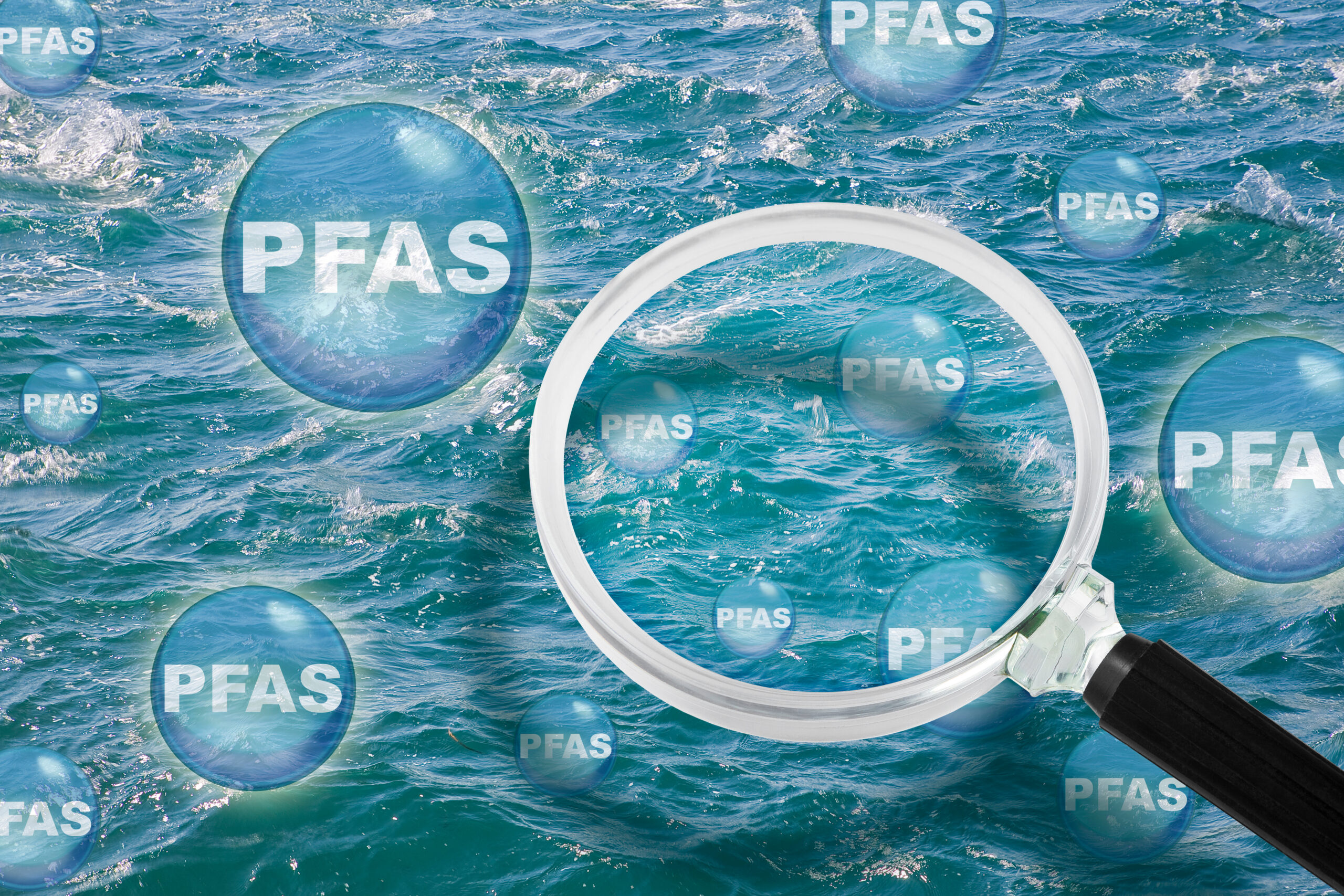North Carolina’s Water Resource Research Institute (WRRI) is pleased to announce newly funded faculty researchers for 2023. This biennial request for proposals is jointly supported by the North Carolina Water Resources Research Institute and the U.S. Geological Survey (USGS). The researchers are investigating a wide variety of water resources needs, including methods to improve wastewater treatment and quantify streambank erosion, measuring microplastics in mountain streams, and evaluating the impact of lithium mining on water quality.
“We are excited to see these projects get underway,” says Kaitlin Tucker, WRRI’s coordinator for research and engagement. “The range of research topics being investigated is impressive and I am looking forward to seeing how results from each project will be used in real world applications.”
The five lead researchers are from Western Carolina University, North Carolina State University, and Duke University.
Faculty Researchers Receiving WRRI Funding:

Michael R. Burchell, NC State University, Biological & Agricultural Engineering Department, with co-researchers François Birgand, Praveen Kolar, and Ryan Sartor.
Project Title: Novel Techniques to Enhance Physical and Biological Nutrient Treatment and Recovery at Non-Urban Wastewater Facilities
This project aims to improve wastewater treatment in towns by evaluating the effectiveness and efficiency of using low cost and environmentally-friendly technologies to enhance removal of nitrogen (N) and phosphorus (P). The research team will test the N and P removal potential of a combination of wastewater treatment alternatives including duckweed, a floating aquatic plant; and biochar, processed waste wood material. This project builds on previous work focused on constructed wetlands at Walnut Cove which resulted in measurable improvements in nitrogen treatment. The team will work with NC Rural Water Association and NC One Water to disseminate results and educate wastewater operators and small towns about the potential of duckweed and biochar.
Follow this project on X (formerly twitter) at account @NCState_Wetland.

Celso Castro-Bolinaga, NC State University Biological & Agricultural Engineering Department, with co-researchers Kristina Hopkins (USGS South Atlantic Water Science Center), and Ashly Cabas (NC State University Civil, Construction, and Environmental Engineering Department).
Project Title: Probabilistic Streambank Erosion Curves for Advancing Assessment and Prediction in the Context of Climate Change
Streambank erosion is a natural process, however excessive rates of streambank erosion can be detrimental to the stability and function of streams. It can also lead to poor water quality and habitat conditions downstream. In recent years, streambank erosion has increased due to environmental change-induced changes in length and intensity of precipitation, flooding, and severe weather. The goal of this research is to better assess, quantify, and predict rates of streambank erosion in order to advance our understanding of how environmental change may impact streams in the future. The research team will partner with the Future Ingenieros at NC State summer program to teach Latino high school students from across the state about stream hydrology and the effects of environmental change on riverine environments. Anticipated outcomes of this research will support the City of Raleigh’s efforts to prioritize areas of need.

Jerry Miller, Western Carolina University, Geosciences and Natural Resources Department, with co-researchers Jason Love (Highlands Biological Station), Robert Youker (Western Carolina University), and Austin Gray (Virginia Tech).
Project Title: Microplastic Sources, Abundance, and Cycling Dynamics in Water, Sediments, and Caddisfly Larvae of a Representative Appalachian Headwater Basin
Microplastics, small pieces of plastic less than 5 mm in size, are now considered a significant contaminant of emerging concern on a global scale. However, the potential impacts of microplastics on freshwater ecosystems remains largely unknown. This study is one of the first in the southern Appalachians to explore the concentrations, sources, and dispersal of microplastics in water, sediment, and caddisflies within a small, headwater stream. This project will be conducted by an interdisciplinary team from Western Carolina University, Highlands Biological Station, and Virginia Tech. Local community collaborators from Haywood Waterways Association and Tuscola High School will aid in data collection. This work expands on a 2022 CCRG project, Understanding Plastic Contaminants in Western N.C. Headwaters.

Christopher (Chris) Osburn, NC State University, Marine, Earth, and Atmospheric Sciences Department
Project Title: Improved Quantification of Stormwater Dilution in Wastewater Treatment Plant Influent Using Organic Matter Fluorescence
Sewer systems, which serve to transport wastewater to a centralized treatment plant, have a maximum capacity of wastewater that can be handled. However, after heavy precipitation, excess water from inflow (runoff from impervious surfaces) and infiltration (groundwater that seeps in through cracks and ruptures in pipes) can infiltrate these systems and exceed their capacity, which can cause sewer backups in homes and sanitary sewer overflows (SSOs) into streets and waterways. The goal of this project is to develop and provide a web-based tool for Wastewater Treatment Plant (WWTP) operators and storm- and wastewater managers that will determine how much stormwater is entering their systems to assist in risk analysis and planning.
Follow this project on X (formerly twitter) at account @closburn.

Avner Vengosh, Duke University, Nicholas School of the Environment
Project Title: Potential Impacts of Lithium Mining on Water Quality in North Carolina
The transition from fossil fuels to green energy will require the use of lithium, particularly for electric vehicles and grid storage. However, the impacts to water quality from lithium mining in North Carolina have not been studied. Ore grade lithium was historically mined in Cleveland and Gaston counties in NC until the early 1990s. With renewed interest in lithium primarily for green energy, and the projected decrease in global lithium supply, mineral exploration in NC has begun again. Kings Mountains Mine will reopen in the future, and there are plans to open an additional facility. This project aims to evaluate the potential impact of lithium mining on water quality and determine if historical lithium mining has caused water quality degradation near Kings Mountain, North Carolina. The research team will share results directly with homeowners living near the mines. Additionally, they will partner with Mountain True, the Nature Conservancy, and Catawba Riverkeeper to disseminate results more broadly.
Follow this project on X (formerly twitter) at account @AVengosh.
- Categories:



